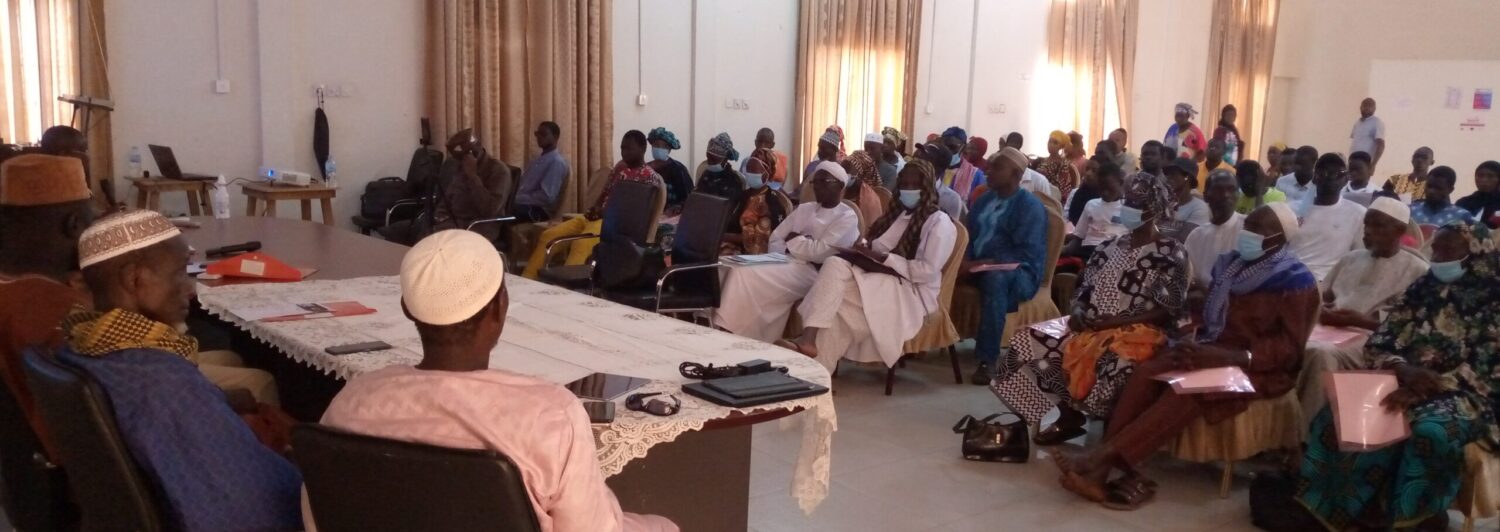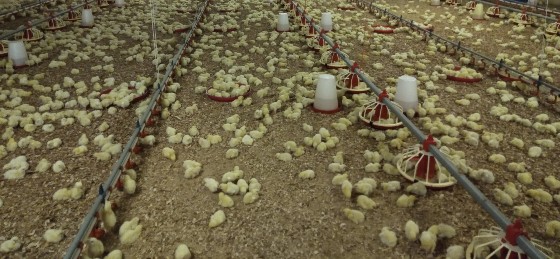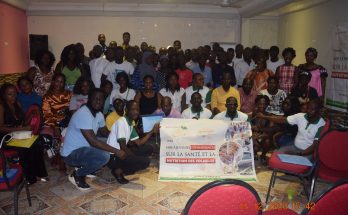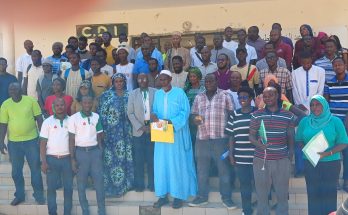The coronavirus has had a huge impact on daily life; from the man on the street to business, and the poultry sector, even more essential than ever has not gone unhurt. The Nigerian poultry industry is one of the agricultural sectors feeling the shock of precautionary measures taken to flatten the curve of COVID-19. Prior to the outbreak of COVID-19, Nigeria poultry population had risen to an estimation of 180 million and an annual output in excess of 700,000 metric tonnes of eggs. The local production is estimated at over ₦50 billion naira, this pale in comparison to potential losses from COVID 19 control measures with farmers estimated to lose an upwards of ₦3 trillion naira in sales (Agoola, 2020).
While there are speculations that the virus was developed in laboratories and released either accidently or as a form of bioterrorism, findings from online research survey conducted by Livestock Industry Foundation for Africa (LIFA) reviewed that about 70% of the respondents disagree with the claim that COVID-19 is a man-made virus. Speculation had it that covid-19 originated from heavily concentrated wild life meat market in China and it may be possible that the disease jumped into man from the consumption of various wild animals. Recently it has been proved that COVID-19 can jump back from man to wild animals. This could pose future risk of pandemic to man and public health in the future.
Food insecurity was a serious concern throughout Sub Sahara Africa even before the global COVID-19 pandemic outbreak. According to FAO, 239 million people in the Sub Sahara Africa were undernourished as of 2018. The chronic food crises have been driven by variety of factors such as economic shocks, climate and conflict. In 2018, the number of undernourished people in Nigeria was estimated at more than 25million. Now, covid-19 poses more challenges on the food insecurity of Nigeria. Result from the online survey conducted by LIFA revealed that 94% of the respondents claimed that COVID-19 have had a negative impact on Nigeria food security. Nigeria’s poultry industry is one of the agricultural sectors feeling the shock of precautionary measures taken to flatten the curve of COVID-19. LIFA also deduced that 92% of the administered respondents reported that the pandemic affects the demand in poultry product of Nigeria negatively.
As the lockdown of major cities in Nigeria continues, demand for poultry products such as chicken and eggs have reduced drastically. On supply side, most of the poultry farmers are unable to get essential inputs such as feeds, DOC and vaccines with ease. Poultry farmer are finding it difficult to sell their products, and alternatively turned to social media to market their eggs and chicken.
Majority of Nigeria poultry farmers are already seeing their investments take a hit as poultry farms are folding up. In spite of all these challenges, LIFA through her advocacy and awareness continues to explore ways at which the government will patronize the poultry industry and make arrangement to support the farmers.
Dr Stephen Adejoro also advices the poultry farmer to control their farm production to create scarcity and hence stimulate more demand of poultry products.




